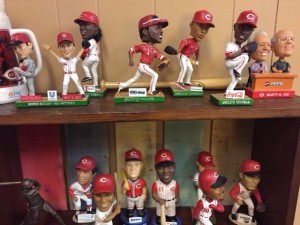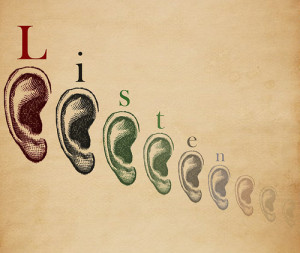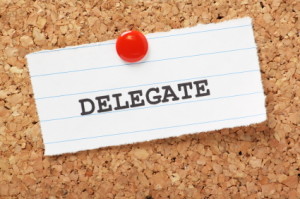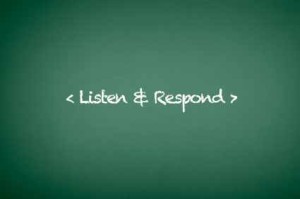Everyone has their quirks. Most of the time we keep them to ourselves, but I’m cool with you knowing one of mine. I’m a collector. Not a hoarder, a collector. I have always collected things that interest me. When I was young, I was even trying to get a world record collecting bottle caps with my younger brother !! We ended up with over 20,000 bottle caps that we stored in an old console TV box, but I digress.
 Since then I’ve curbed my collections (somewhat). Now I only have collections of marbles, fossils and rocks and . . . bobbleheads. Now I know there are bobbleheads for all sorts of things now like TV shows, movies and even cartoon characters. I am more of a “purist” and collect them from my favorite sports teams. They capture a point in time and players that were popular or legends from the organization’s history. Living in Cincinnati, I am a Cincinnati Reds fan. I try to get to several games a year and especially if it’s a bobblehead game. Here’s the collection so far.
Since then I’ve curbed my collections (somewhat). Now I only have collections of marbles, fossils and rocks and . . . bobbleheads. Now I know there are bobbleheads for all sorts of things now like TV shows, movies and even cartoon characters. I am more of a “purist” and collect them from my favorite sports teams. They capture a point in time and players that were popular or legends from the organization’s history. Living in Cincinnati, I am a Cincinnati Reds fan. I try to get to several games a year and especially if it’s a bobblehead game. Here’s the collection so far.
I’m very cool with collecting bobbleheads, but not being one. Unfortunately, I feel that many HR pros act like bobbleheards in their organizations. Very often we find ourselves nodding acceptance from Senior Management because we don’t want to rock the boat. We may not agree with what is being said, but we don’t push back. We just do our best to make things happen. HR folks are great implementers when we should be great instigators !!
Acceptance for acceptance sake diminishes our role and what we could be doing in organizations. Ironically, great leaders in senior management don’t want people who just say “Yes” and bobble their head up and down. They expect people to give their input and have meaningful discussions as well as potential solutions. When HR continues the myth of receiving some special invitation from senior managers to engage and be strategic, we are fooling ourselves.
I want to encourage you to take on a new posture as an HR pro. There are many reasons that we need to quit saying “No” to people. Also, there is just as much harm in blindly saying “Yes.” So, the posture to take is where we perform best . . . “It depends.”
I know that people hate this, but hear me out. The only reason people want that instant “Yes” or “No” answer is so that you agree with their take and position on what they’re presenting. Now, if you say “it depends” only to buy time and hope things get better, that’s poor as well. Using “it depends” allows you to look at all sides of a situation. The key is to follow that response with a decisive stance base on your expertise.
The stance we should all take is to be daily strategic in all that we do. It is a stronger position to lead from. Yes, lead from. HR has the obligation to lead in organizations and not settle for being a support function that nods its head. You see, the bobble heads I have are kept on a shelf and we have been on the shelf for way to long as a profession !!
This week get off the shelf and start anew in your role. Bobbleheads are cool to collect, but stop being one professionally !!









